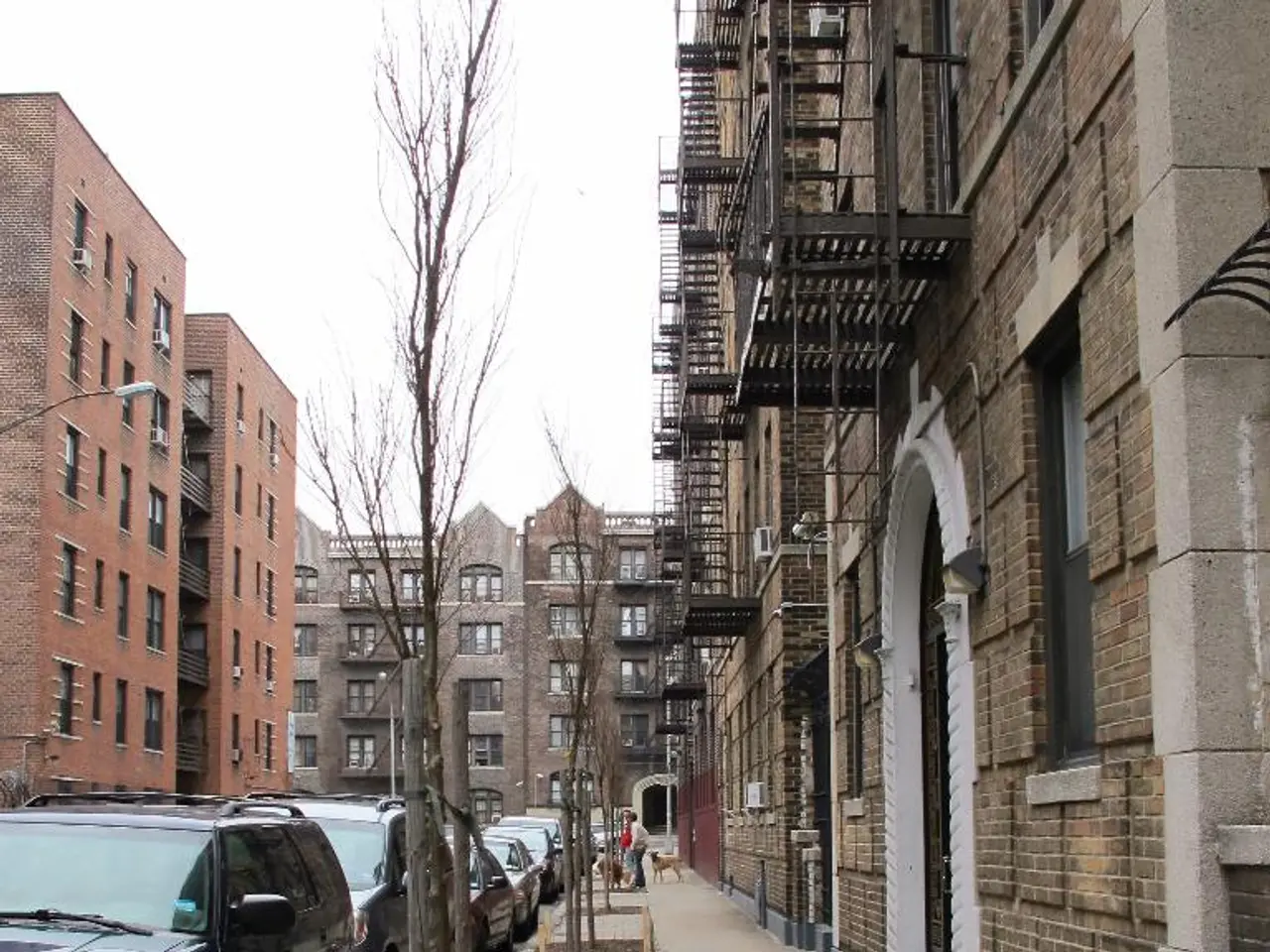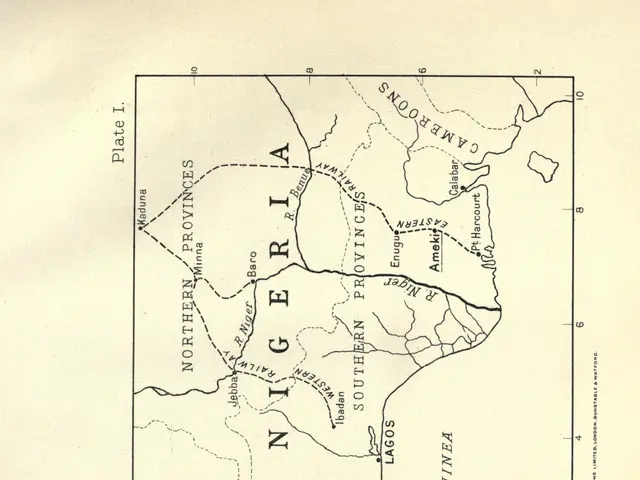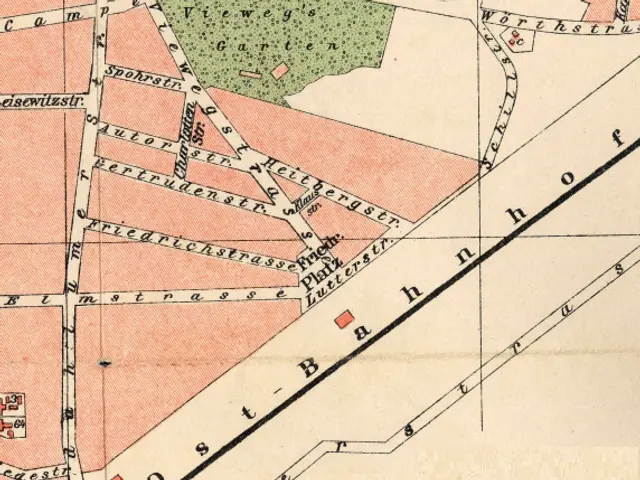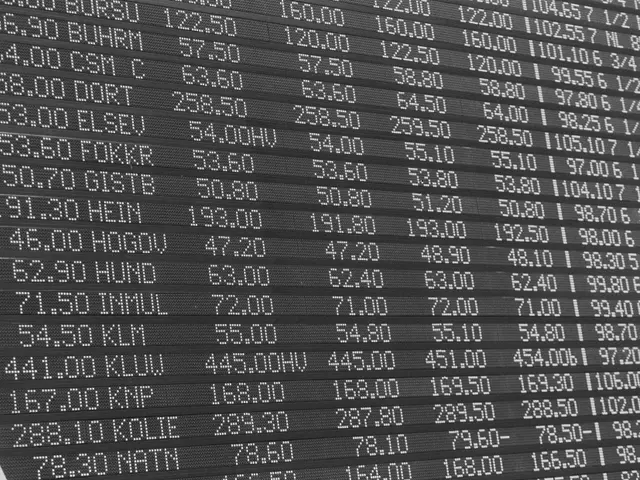Austria’s trade associations block reform while leaders profit from stagnation
Trade associations in Austria, once praised for their support of members, are now seen as obstacles to reform and prosperity. Their leaders enjoy lucrative positions and high pay, while advocating wage restraint for workers. The system is politically entrenched and resistant to change.
The president of the Federal Economic Chamber also heads the National Bank’s General Council, earning a substantial side income. Meanwhile, regional economic chambers have increased fees for officials by up to 60%. This contrasts with their advocacy for wage restraint among workers.
Outdated shop-closing laws, supported by both employers and employees, drive business across borders in border regions. The social partners, including the Economic Chamber and the Chamber of Labor, are crisis-proof and funded by mandatory dues, mirroring the bloated state sector.
The salary hierarchy places the Federal Economic Chamber, civil servants, and the Chamber of Labor at the top, followed by employees and laborers. The Economic Chamber has amassed around €2 billion in reserves, with fees amounting to approximately €3,000 per member. The chamber system resists external reform, requiring internal modernization driven by public pressure.
The Chamber of Pharmacists maintains a de facto price cartel, driving up drug prices for consumers and inflating healthcare bureaucracy costs. The state and its chambers are stifling innovation and entrepreneurship, contributing to the country's reform paralysis and economic malaise.
Austria's trade associations, while once beneficial, now pose barriers to reform and prosperity. Their leaders' lucrative positions, fee increases, and outdated practices hinder economic growth. Public pressure is needed to drive modernization and change within the chamber system.





